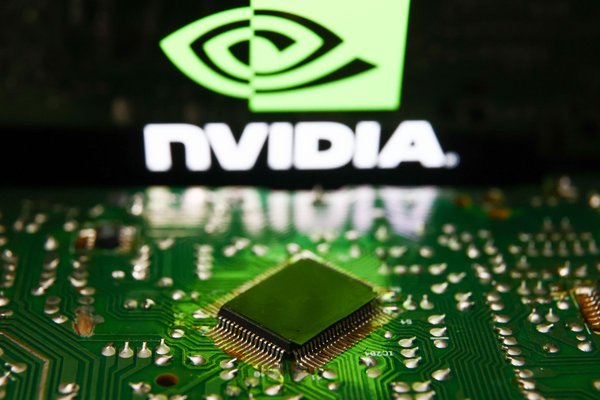Reports indicate that restricted Nvidia AI chips valued at approximately $1 billion have been smuggled into China. The Financial Times uncovered that the Nvidia B200 chip has become one of the most sought-after components in the country’s clandestine market. This development raises serious concerns about the implications of restricted technology reaching unauthorized markets.
The demand for the B200 chip is reportedly driven by its capabilities in artificial intelligence, making it a prime target for various enterprises and individuals seeking competitive advantages. According to the Financial Times, this chip is not only in high demand but is also widely available, suggesting a well-established network for its distribution within China.
Implications of the Black Market
The revelation about the B200 chip’s presence on the black market highlights significant risks to global technology governance. These chips, which are designed to comply with international regulations, are now fueling concerns that they may be used in ways that contravene those regulations. The proliferation of these advanced AI chips can potentially empower unauthorized actors, leading to misuse in various sectors.
China’s black market for technology has been a longstanding issue, but the influx of these advanced chips marks a notable escalation in the country’s technological capabilities. Experts suggest that the accessibility of restricted technology could further complicate international efforts to regulate AI advancements, particularly as nations grapple with the ethical implications of AI deployment.
The Nvidia B200 chip is engineered to enhance computational power significantly, making it valuable for applications ranging from machine learning to data processing. As the demand for AI technology continues to surge, the unauthorized distribution of such chips poses a challenge not only to manufacturers like Nvidia but also to regulatory bodies worldwide.
Regulatory Response and Industry Impact
In response to the smuggling of these chips, industry experts are calling for stricter enforcement of export controls and enhanced monitoring of supply chains. The situation underscores the need for a coordinated approach among nations to address the complexities of technology regulation in an increasingly interconnected world.
Nvidia, as a leading player in the semiconductor industry, may face pressure to enhance its compliance measures to prevent its products from reaching unauthorized markets. The company has previously taken steps to limit the distribution of its technology, but the ongoing smuggling indicates gaps in current safeguards.
This incident serves as a reminder of the challenges posed by the global black market for advanced technology. As governments and organizations navigate the balance between innovation and regulation, the case of the Nvidia B200 chip may prompt a reevaluation of existing policies aimed at controlling the flow of sensitive technologies.
As the situation develops, stakeholders across various sectors will be closely monitoring the implications of this black market activity. The international community is urged to remain vigilant in addressing the challenges posed by the rapid advancement of AI technology and its potential misuse.
